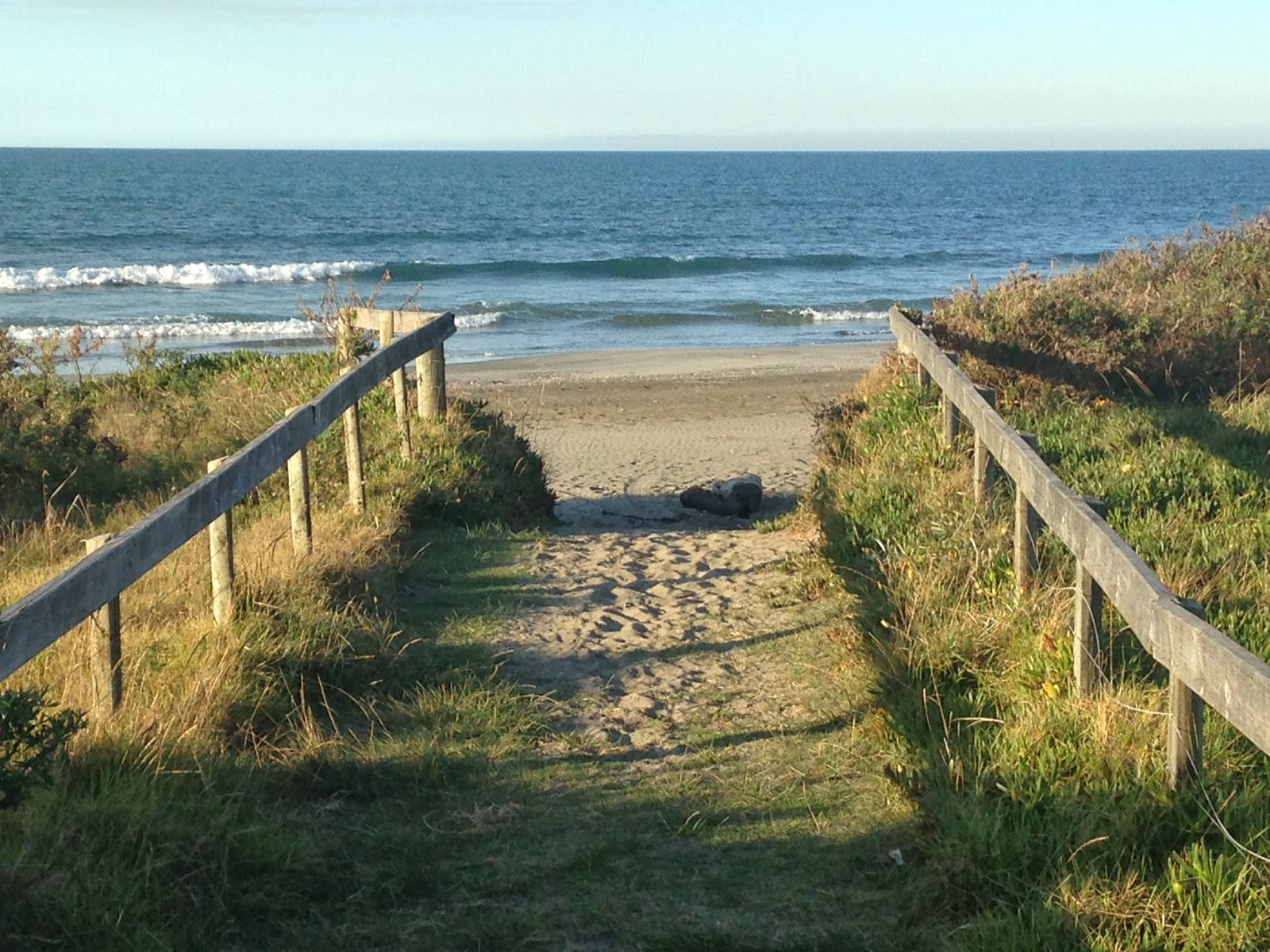For me, this week has been all about travel planning.
Apart from locking in where I'm off to during the next 12 months, I also enjoyed plotting with work colleagues where they'd like to go on their honeymoons.
The world's a big place and I started to think how myself and others select our holiday destinations.
I must admit I often feel a bit of pressure picking my next travel destination as I want to make sure I get it "right". After all, it takes a bit of money and time to just get out of Australia so I want to make sure the final destination is worth it.
It seems choosing the next holiday hot spot boils down to one or a few of the following:
1. Referrals: "You simply MUST go to...", "You would LOVE..."
It's no surprise that you and your friends have often been to many of the same countries. We assume that if anyone is going to be able to reassure us that we'll have a good time a particular destination it would have to be those who have the same interests as ours.
 |
| Forbidden City in Beijing |
2. Family ties
Around the River Kwai I was surprised to discover quite a few Dutch tourists, but then I discovered that many Dutch POWs worked on the Thai-Burma railway during WWII. Family and national links with another country seem to be a strong drawcard for us. I guess that's why so many Aussies end up in the UK.
 |
| Hellfire Pass in Thailand |
3. Films, TV, books, legends and songs: "Edelweiss, edelweiss..."
I always wanted to go to Salzburg after watching the
Sound of Music. The influence of popular culture is everywhere, so why not on our travel choices. Films, book and the rest do a great job of inspiring us and selling new places. In the case of the film
Casablanca, it seems the fact that none of it was ever shot in the city hasn't been a barrier to the throng of tourists jetting there seeking Rick's Cafe.
 |
| "Let's start at the very beginning..." in Salzburg |
4. The big hitters
I've always thought it would be so easy marketing places like London, Rome, Venice, Paris and New York. Their status as some of the world's premier cities means tourists will always visit there no matter what. It's no surprise that most people's first big international jaunt involves one of these cities.
 |
| Some cities will always be popular destinations |
5. Deals and bargains
Just as people buy eight rolls of toilet paper for $4, so too they pick their holiday destination because it's either cheap to get there, cheap when you're there or both. Throw in cheap alcohol and you're guaranteed a flock of Australians.
 |
| Temples in Cambodia |
6. Off the beaten track
The anti-tourist will seek out places no one has ever heard of, often just to say they've been to that place no one has ever heard of.
 |
| Somewhere in Mongolia |
7. Hobbies
Whether it's cycling, skiing, surfing or some other sport or hobby, sometimes there's only selected places in the world where you can do these things. Many destinations have established themselves as the "Mecca of (insert interest here)" so you're bound to want to go.
 |
| Sometimes you've just got to go where there's snow |
8. It's close
It takes an awful long time to get anywhere from Australia so it's no surprise that the countries closest to us, like New Zealand and those in Asia, are more likely to get our attention. Sometimes the thought of spending more than 20 hours on a plane to get somewhere is just too much to contemplate.
 |
| Nha Trang in Vietname |
9. A little bit of history
This aspect has particular appeal to some Australians as our cities have very little in them that isn't more than a few decades old. For us, it's pretty astounding to see something that has been standing around for centuries. Contrast this to the attitude of some Europeans you come across who seem a bit bored with all the "old stuff".
 |
| By Scotland's Loch Ness |
10. The pretty things: buildings, art, monuments and landscapes
Let's face it. We like pretty things and we'll travel around the world to look at them. Whether they are natural landscapes, or man-made buildings, monuments and art, we aspire to be inspired by the beauty.
 |
| Taj Mahal |
11. Food, glorious food
If you add in flight and accommodation costs, that cup of coffee in Italy or tapas in Spain is ridiculously expensive. But sometimes you'll think that tasty dish is totally worth it.
 |
| Food, glorious food, in Spain |


















































